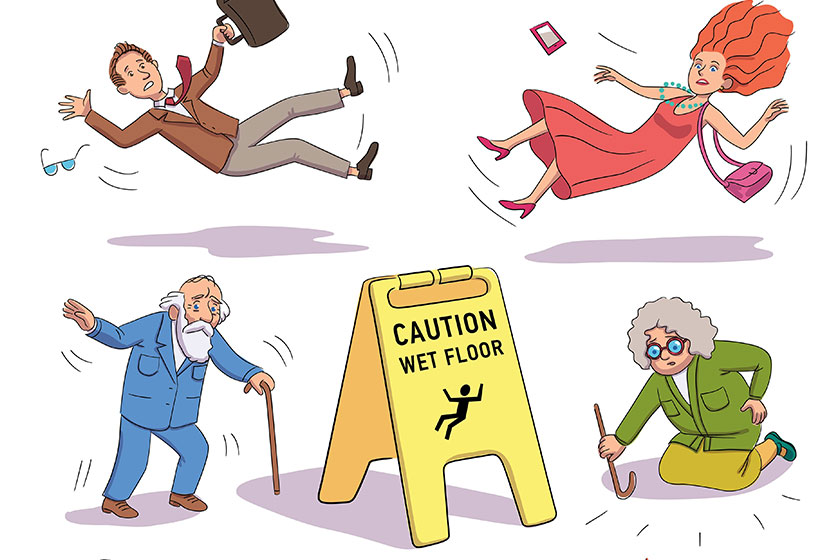Falls can be fatal to your loved ones. A gentle fall may cause light injuries like scratches and bruises, but a hard fall can cause bone, hip, or even head injuries. And most older adults are aware of the negative consequences of falling. They may start restricting their movements or reducing social activities and become at risk of depression and social isolation. To help you, here are some fall prevention tips to keep your loved one safe.
Do a Thorough Physical Assessment
Various reasons cause walking or balance issues in your loved one. A thorough assessment by a doctor will help to highlight and identify potential problems. Some medications like antidepressants and benzodiazepines may cause dizziness or drowsiness, affecting your loved one’s sense of balance. Age-related changes in eyesight or body will also contribute to their instability. For example, deterioration in vision can make it hard for your loved one to notice obstacles or potential hazards. Leg pain or arthritis makes it difficult for your loved one to walk quickly, causing them to stumble more often. Chronic conditions, such as diabetes or heart disease, can also contribute to loss of function due to inactivity or pain.
Have an Exercise Regime
Most falls are caused by loss of balance or weakness in the lower body; help your loved one start an exercise regime or encourage them to participate in activities at wellness centers so that they get to strengthen their muscles and bones. It is essential for these exercises to be tailored for older adults; they can be prescribed by their therapists or physicians. They may also suggest walking aids like a walker or a cane to further your loved one’s movement and balance.
Reduce Potential Hazards at Home
Taking a few simple precautions will help reduce the potential hazards at home. For example, making sure lighting is bright, installing grab bars in shower and toilet areas, and ensuring their shoes fit properly and have adequate friction. CDC has a home fall prevention checklist that you can follow to evaluate and improve the safety of your loved one’s living environment.
Encourage Open Conversations about Falls
When your loved one cannot have complete control over their body and movement, it can affect them mentally and emotionally. For someone independent for most of their life, it may be disparaging to lose it and depend on others for simple things. According to the Centers for Disease Control and Prevention, one quarter of older adults fall each year, but less than 50% tell their doctor. This could be primarily due to embarrassment and the worry that they may be cast into a nursing home.
If it is difficult to broach this topic, start the conversation by asking your loved one if any of their friends have had a fall. From their answer, which is most likely yes, be curious about what happened and ask about what their friends did or said. Gently shift the questions back to ask your loved one if they have any worries about that and what they think are possible solutions. You give them the autonomy to communicate their thoughts when you do so.







